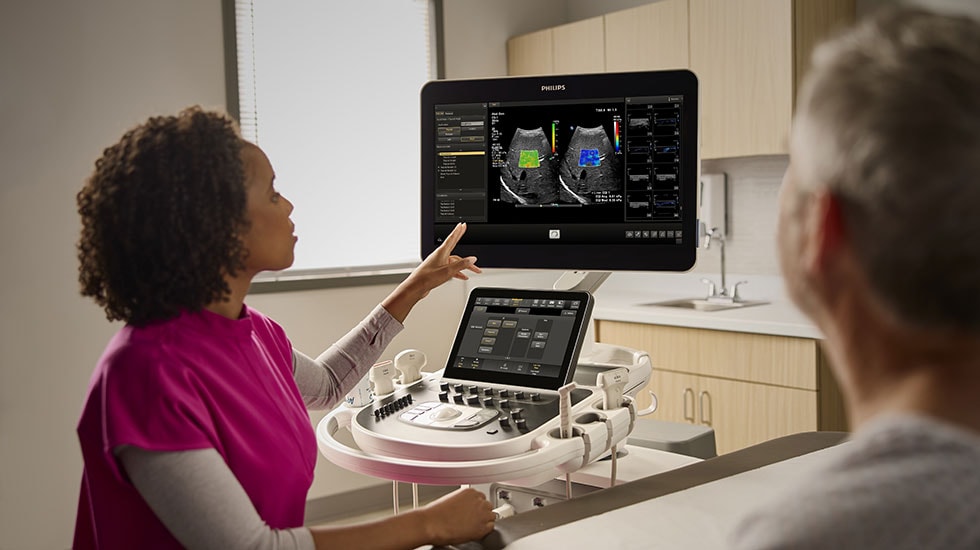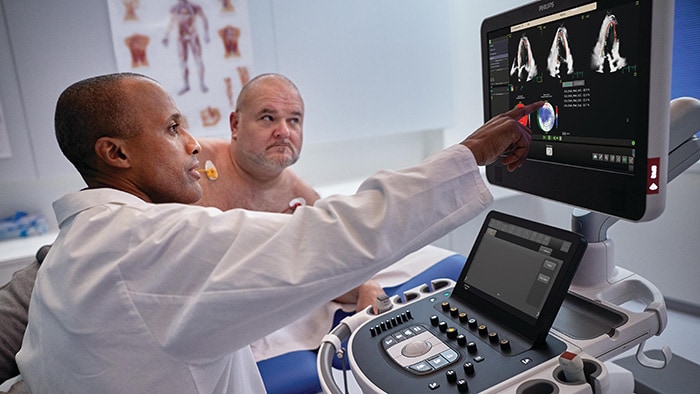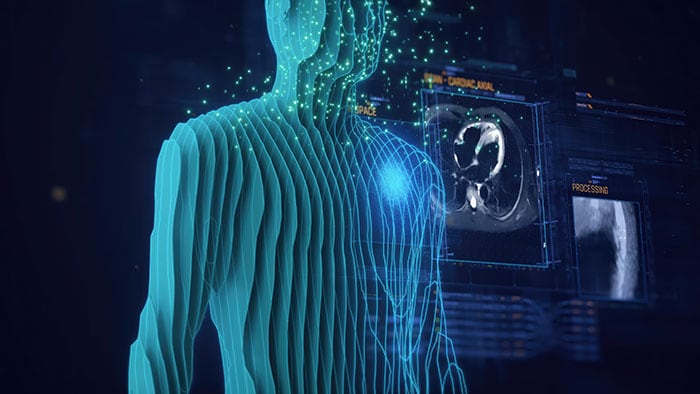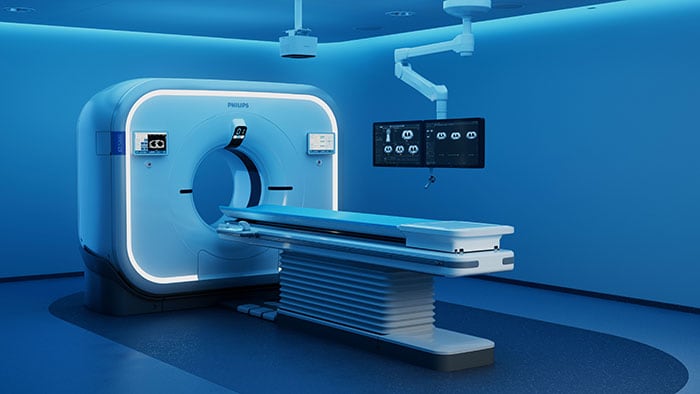Philips’ new AI-assisted workflow and quantitative measurement functions in the EPIQ Elite and Affiniti ultrasound systems speed up exams and increase clinical confidence
Feb 14, 2025 | 3 minute read
In the hands of an experienced imaging professional, ultrasound is one of the most versatile and accessible forms of diagnostic imaging. But as patient volume continues to increase, healthcare providers face a significant challenge in meeting demand. Experienced imaging professionals are in short supply, with high burn-out rates among existing staff members and lengthy training times for new recruits. The innovative new Elevate software release for Philips’ EPIQ Elite and Affiniti ultrasound imaging platforms helps address the growing need for faster workflows and more efficient diagnostic processes.

With over 100 new image quality presets for abdomen, vascular, small parts, pediatrics and OB/GYN across a variety of transducers and tissue-specific presets, both systems now deliver greater precision imaging and intuitive workflows to help boost clinical confidence. Alongside clinical image enhancements, this latest release continues Philips’ leadership in imaging and technology with best-in-class cybersecurity and data control while adding remote software upgrade capabilities to improve speed of delivery and identify potential issues earlier. To support customers with their digital ecosystems, the new Elevate Release integrates proactive monitoring and expanded virtual access capabilities through Collaboration Live, allowing care teams to diagnose patients, consult with colleagues remotely, and access ultrasound systems for remote troubleshooting.
“We worked with leading imaging professionals to enhance every single step in the ultrasound exam, from patient set-up to image acquisition and quantitative measurement, and leveraged the power of AI to bring the most significant advancements in the high-end ultrasound segment in over a decade,” said Bita Alu, Business Leader for General Imaging, Point of Care, and Women’s Health at Philips Ultrasound. “With this latest release, we address the greatest challenges facing health systems across their clinical operations, streamlining and enhancing ultrasound exams to increase workflow efficiency and throughput to address staff shortages and high patient volumes. Delivering an intuitive user interface across both EPIQ Elite and Affiniti systems, we have enhanced the user experience and reduced training time for new staff members, providing imaging professionals with the high-resolution image quality needed for confident first-time-right diagnoses to help improve patient outcomes.”
New automation features and advanced algorithms drive faster and more confident diagnosis
Philips has a strong track record in delivering workflow innovations to increase diagnostic confidence and patient throughput. The latest suite of new automation features includes the new Quick Launch pre-sets to streamline platform set-up and accelerate routine procedures. During abdominal exams, they can reduce the time it takes to optimize imaging acquisition by up to 50% [1]. Innovative updates also help to deliver an improved user and patient experience by automating image brightness and uniformity, and reducing button pushes by up to 54% [2]. In addition, Contrast Enhanced Ultrasound (CEUS) AutoScan has been introduced to adaptively optimize the CEUS gain at each pixel and frame, offering improved image quality and increased diagnostic confidence.
Liver elastography with Philips ElastQ Imaging, a non-invasive ultrasound test that measures liver stiffness, can help diagnose liver conditions and provides a painless way to assess liver health without the need for a biopsy. With the automation of liver elastography, Auto ElastQ reduces liver shear wave elastography exam time by up to 60% [3].
When assessing left ventricular (LV) function for any cardiac disease, including coronary artery disease (CAD) or cardiotoxicity, it is crucial to have the best images for evaluating strain and regional wall motion abnormalities. Philips AutoStrain, powered by AI, automatically helps save clinicians valuable time by selecting the best three images for quantification, ensuring consistent heart rate and image depth. The Philips Affiniti system now features a first-of-kind AI-enabled automated segmental wall motion scoring tool to assist in identifying subtle changes in function as cardiac disease progresses. Using AI, this feature eliminates the inter-user variability commonly seen with manual wall motion scoring to help enhance a more confident diagnosis.
Philips has also partnered with Koios Medical for AI-based clinical decision support for breast lesions and thyroid nodules.
Hear more from Jeff Cohen, Business Leader of Ultrasound at Philips and join Philips at ECR 2025 to see these latest ultrasound innovations in action.
Sources [1] D001833994,Marketing Claim Evidence for V12.0 Workflow Efficiency Quick Launch
[2] D00277745B, Marketing Claim Evidence for EPIQ V10 vs V7, Workflow Efficiency
[3] D001795093, Marketing Claims Evidence for Auto ElastQ timing, V12.0_Rev.A








